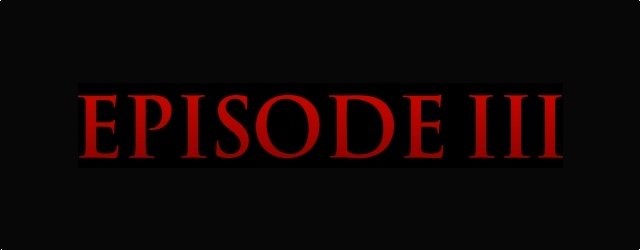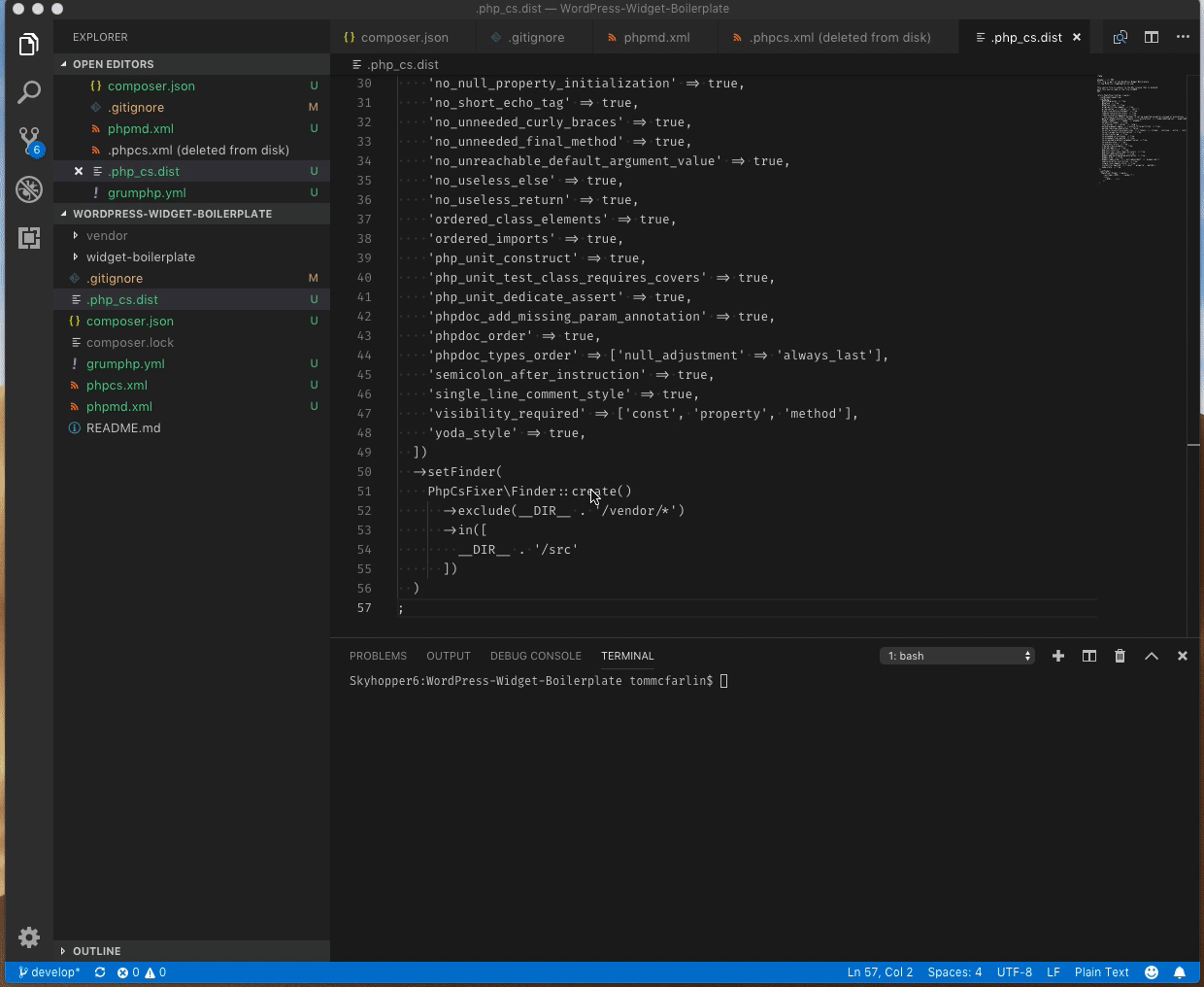Though this is something I think anyone with a domain, self-hosted site, and email should use, it’s also something I think is important for us – as those who provide services to others – should use.
Specifically, I’m talking about keeping domains, hosting, and email separate so if you opt to change, say, your hosting then you can keep all of the parts working with as little downtime as possible.
In this post, I’m going to cover how to do it, the services I recommend (and no, none of these are affiliate links), and then how each piece works independently of one another to provide the most seamless experience possible.


